Weekly Snippets
Things I've seen, read and heard lately
I’ve been thinking about these snippets. I tend to just chuck anything I have got excited by and think you might be interested in all at once. I suppose they are the written version of the hand waving I tend to do when very enthusiastic or emphatic about something. But then I got two emails from people asking if I might write about something they are involved in within The Snippits which made me realise (a) people actually read them and (b) maybe they should be slightly more ordered than the literary version of me grabbing your shoulders and saying a bit too loudly ‘have you heard about…’. So I’m going to streamline them a little. Or, if you like, snip the snippets.
There will some ‘Snippets from Travelling About’ where I have been somewhere with interesting places to eat, stay and see that I think you may like to visit if you get the chance.
There will be some ‘Snippets of Cool Stuff Coming Up’ with details of events and opportunities I’ve been tipped off about or am involved in, in case they appeal.
There will definitely be some ‘Snippets of Beautiful Things’ in case you need inspiration for something to read, listen to, watch or wear (as you’ll read below, the ‘watch’ bit is likely to be more sky based than Sky based but I may make exceptions).
If you too have come across something which you think others should know about which promises to make the world a little (or a lot) better than it might otherwise be, please let me know. So here you are: this weeks snippets snipped up.
Snippet of Beautiful Things
Shooting Stars
This week is the Perseid meteor shower, active between 17th July and 24th August. It is named after the constellation Perseus where the shooting stars appear to radiate from, although it’s a bit more random than that.
A meteor shower is apparently the passing of Earth through a stream of tiny bits of debris; the size of a grain of sand travelling through space at tens of kilometres per second, left behind by comets and asteroids that are often billions of years old. When space-rock hits the Earth’s atmosphere it heats up and vaporises leaving a streak of light. A shooting star.
When I looked it up on the Natural History Museum’s page there was a line which made me stop.
‘You might not be able to see anything for the first ten minutes while your eyes adjust to the dark. Once you get used to the low light levels you’ll begin to notice more and more. So don’t give up too quickly’.
It reminded me of the story of the great Suffolk nature writer, Ronald Blythe, who would go night-walking without a torch. He had trained his eyes to see in the dark. People near his cottage would have to be careful not to run him over.
I was sent Blythe’s centenary book not long before he died which made me full of regret that I didn’t read it or at the very least his epic Akenfield in time, and try to find a way of meeting him. I felt I could not do the first without the second. I was probably wrong about that.
There’s a lovely piece of writing by Richard Mabey about him here. Slightly Foxed stock almost all of his books if you want to buy one.
It made me think too of learning to identify birdsong. When you learn one call from another it is like being able to hear the different instruments in an orchestra. Noise becomes notes. And once you can tell one from the other its impossible to un-hear them (if you don’t already have them Merlin and Chirpomatic are basically Shazam for birdsong and were the apps that taught me).
I think this may be an important thing to know that we can learn how to see and hear things which we did not see or hear before, or even realise were there. Maybe we can do this with our other senses too. Maybe we can even do it with our feelings.
Here’s the Royal Observatory’s calendar of all the other meteor showers coming up, in case you want to try and get yourself to a hill or dark sky to see them.
I did see one in the end. In a quiet cottage garden under an expanse of stars. A shooting star big and dramatic and magical enough to make waiting for my eyes to be able to see absolutely worth it. Which, it feels, was a lesson well worth learning.
Snippets of Cool Stuff Coming Up
Ghosts Of The Farm by Nicola Chester - Friday 3rd October
This leads me nicely onto an ‘in conversation’ event I’m doing with the award-winning nature writer Nicola Chester at one of the best bookshops of all time, Hungerford Books, on Friday 3rd October at 7pm. The connection between this and the previous snippet is strangely serendipitous.
A few months ago I went to hear Alice Vincent talk at the Well Read literary festival at Wasing about her new book, Hark: How Women Listen. It too is about hearing: hearing things that aren’t there, and are; about being unheard and heard. At one point she talked about speaking to people who had heard the Northern Lights. They described it very specifically: like the sound of fabric tearing.
A woman put her hand up in the audience. She said that a long time ago, she had been a cowgirl. At night she and the cowboys would see the Northern Lights. One night, she heard them, but it was so strange and beyond reason that she wondered now, years later, whether she had invented it in her memory. What Alice had said meant she definitely had, which was something she’d waited years to understand and now knew to be true. That woman, when she turned around, turned out to be Nicola Chester.
It was all pretty emotional. She writes about hearing the Northern Lights in her new book. So you can bet I’ll be asking her about it, and all the other themes she weaves into Ghosts Of The Farm. Come along if you can. Tickets are here.
Natoora
I’ve been approached about some exciting grant offers which have opened up for agro-ecological growers. Or, as I like to think of it, free money.
The first is from fruit and vegetable business Natoora which was founded by the author of the book 'In Search of the Perfect Peach’ by Franco Fubini. Henry Dimbleby liked it (the highest praise) partly because it made clear to him the link between the flavour of food and it nutritional value with how it was grown.
It’s possible to do a whole post on the untapped power of reaching people through flavour and health, and in doing so making a real difference to how that food is actually grown in fields - and the power chefs, restaurants and pubs have to change this - but that’s for another day.
Along with supplying fruit and vegetables, Natoora’s also run a Farm Fund to financially support agroecological growers aged 35 and under who are working on farms under 100 acres. Over four years they have distributed £74,000 to over three continents, including the closer-to-home East Neuk Market Garden in Fife, Scotland (god there are some cool things happening in Fife right now: I was really sad not to be able to accept an invitation from the team at Bowhouse to tour the Balcaskie estate and get to see what they’ve going on there for myself - not just regenerative farming but cooking classes, craft guitar making, glass making, and the rest. If you ever get the chance to go it looks the business).
Natoora are opening up applications for their 2025-26 round of grants, from a £23,500 transformation grant to a £6000 resilience grant. The link is here if you want to apply or send to someone else who might. Applications open on 1st October and close on 30th December.
If you think this is a good thing in light of the failure of the market / public funding to support and properly reward small growers then you can also back Natoora by attending their fundraising events in London (or New York, or Melbourne) - details via their newsletter - or subscribe to their seasonal boxes. If I wasn’t Riverford-For-Life (sorry not sorry Natoora) I’d sign up for the latter right now.
Regional Regen Gathering
I spent a random weekend on Bergerac Island aka Jersey recently. It was the only place my farmer Grandfather would ever go on holiday. He and my grandmother went to the same hotel (Hotel L’Horizon - it’s still there, I checked) and I wouldn’t be surprised if they always booked the same room too. When I went with them we would visit to the same places each time. The Shell Garden. The Castle. The Zoo. I loved it.
This time in a moment of peak excitement, I discovered the person driving the car not only used to be a zookeeper at Jersey Zoo but cared for the gorillas and was there The Day The Boy Fell Into The Gorilla Enclosure. If you don’t know the story, it’s about a gorilla called Jambo who stood over an unconscious boy who fell into the enclosure, apparently to protect him from the other gorillas. The story was burned into my childhood memory as legend. Sure I ate freshly shucked oysters and toured potato fields with perfect views, but meeting The Keeper was hard to top.
Anyway this is just me fluffing to let you know that the regenerative movement is now firmly making its way over there by way of a new festival called Regen Gathering: Food, Farming & Finance on 5th - 6th September. Tickets are FREE. It’s on for two days and the line up looks absolutely cracking.
They will also be launching a new £20,000 food systems prize at the festival for ‘anyone with a good idea’ (my kind of brief) about a regen food and/or farming business based in the Channel Islands, Isle of Man or operating at a UK regional level. Judges include luminaries like Patrick Holden, Ben Goldsmith, Abby Rose and Josiah Meldrum who, between them, are pretty guaranteed to spot the wheat from the chaff. Also Jersey in the right light looks a bit like the Caribbean so it’s worth going to just for that.
The deadline for applications is 25th October and the winners will be announced at the Jersey Farming Conference on 6th November.
Earthed Summit 2025 - Thursday 18th September
I’m sad not to be able to go to this on 18th September in Hackney, London. Earthed is a charitable skill-sharing platform run by The Rose Sisters (not a jazz band just tbc) which sets out to empower people by teaching them how to do a wide variety of activities, from guerrilla gardening to building an earth house to growing their own food.
At the first summit last year I hosted* a discussion on food systems with Guy and Geetie Singh-Watson, Finn Harris, Camilla Fayed and Hugh Fernley-Wittingstall (*if you’ve ever come across any of them you will understand it was mostly crowd control but fun and illuminating none-the-less).
I was really struck by effort made to bring together industries that are so often siloed - food, fashion, beauty, building, urban and rural - even though so many of these industries are interwoven, in that they share many of the same problems and, therefore, could share the same solutions.
It’s alternative and uplifting and they do a beautiful job with it.
Until next week.
Sarah x


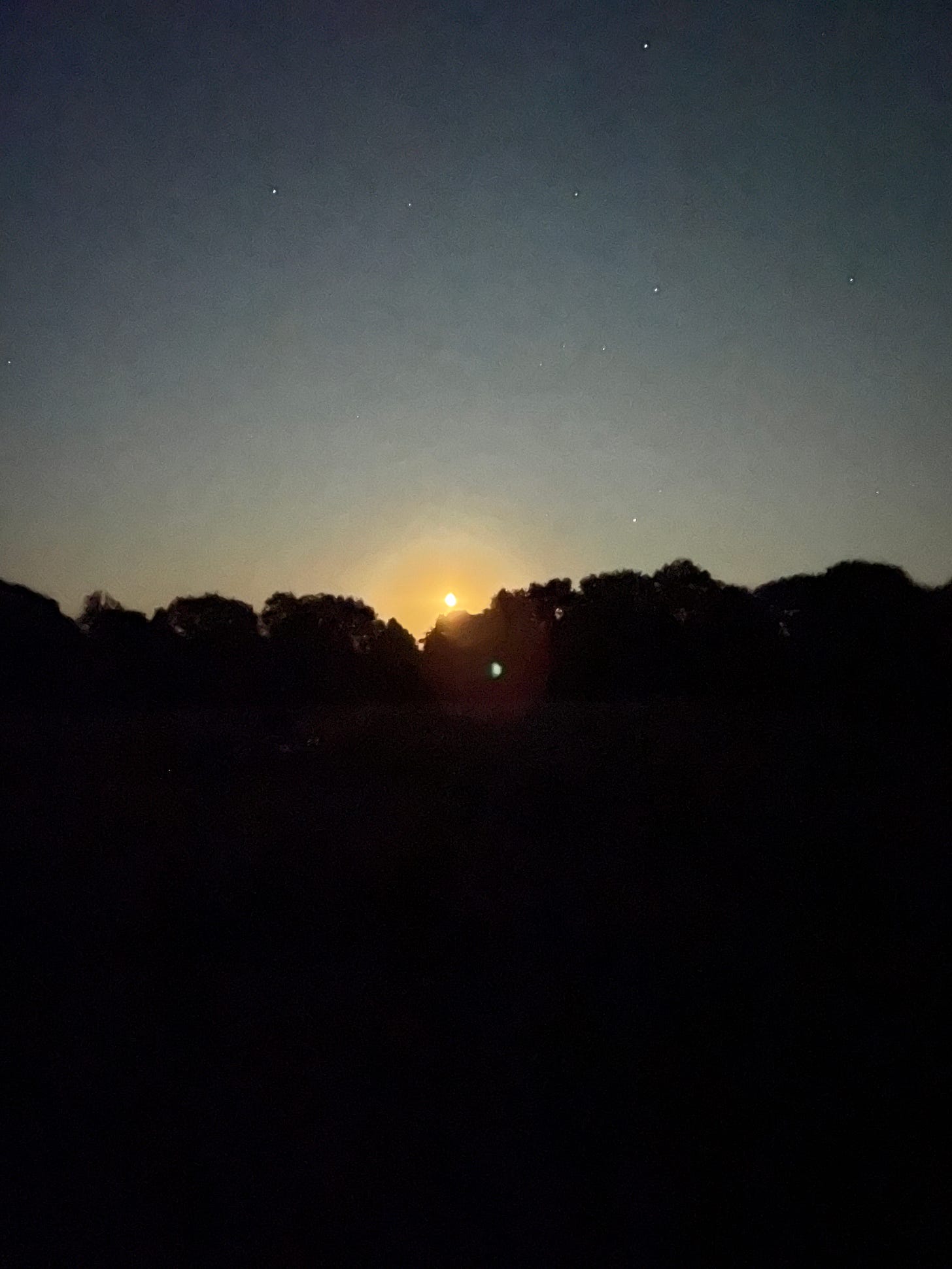

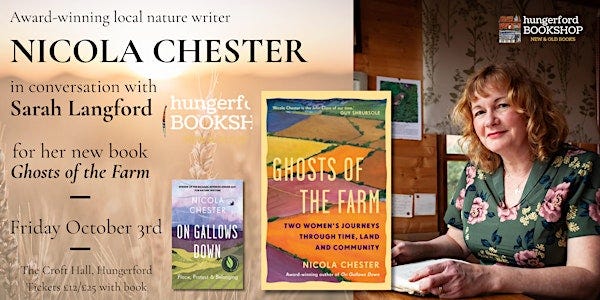
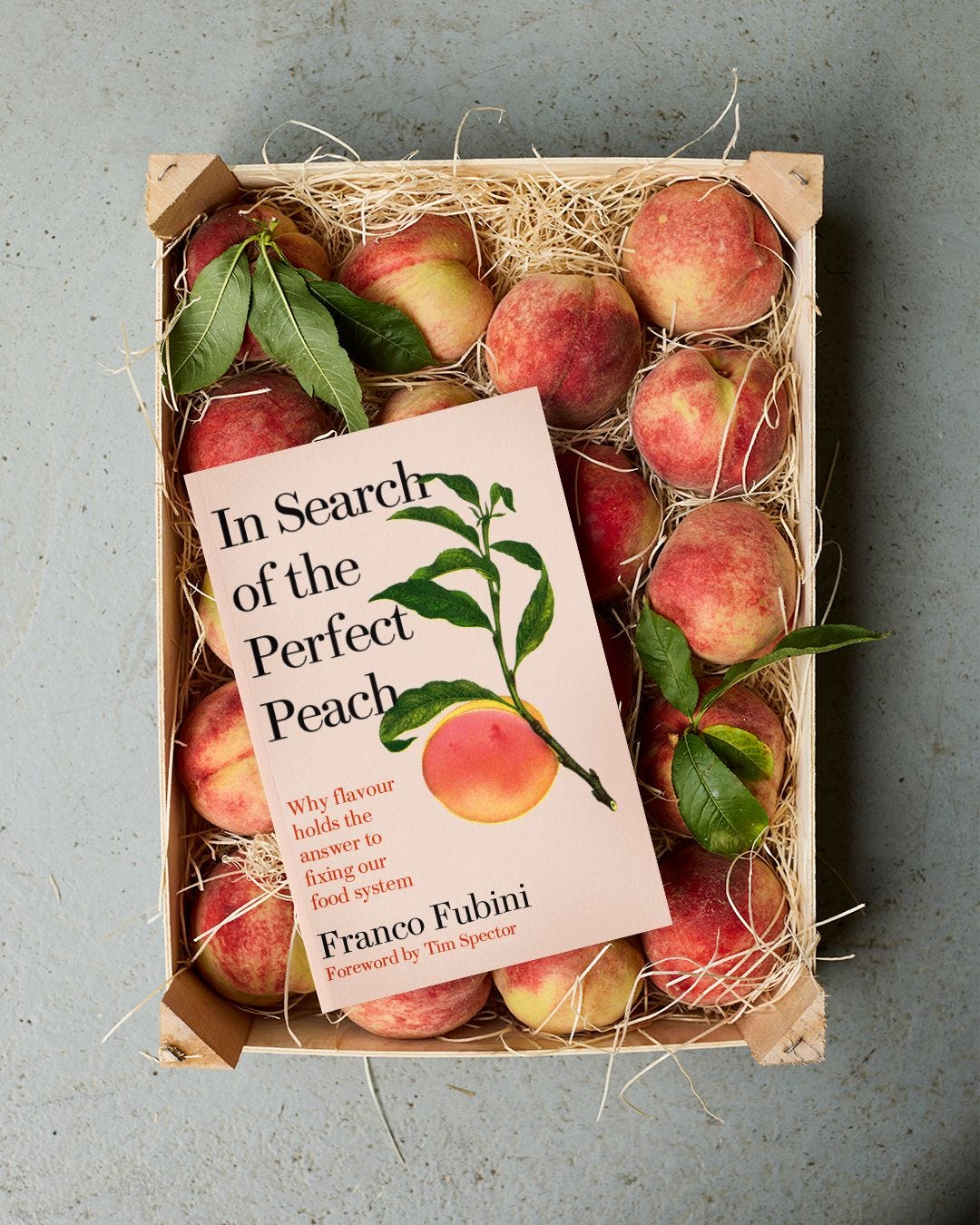
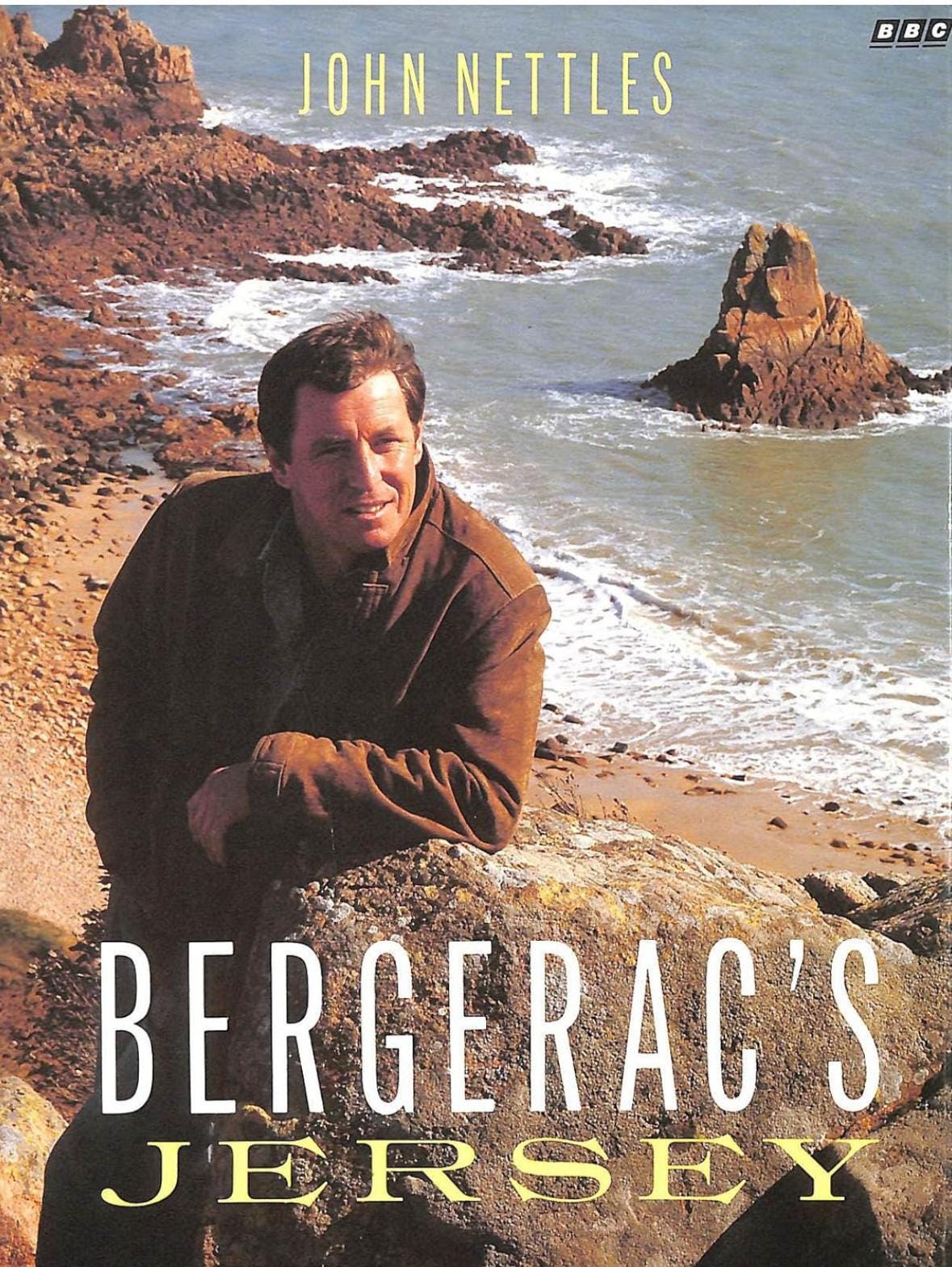
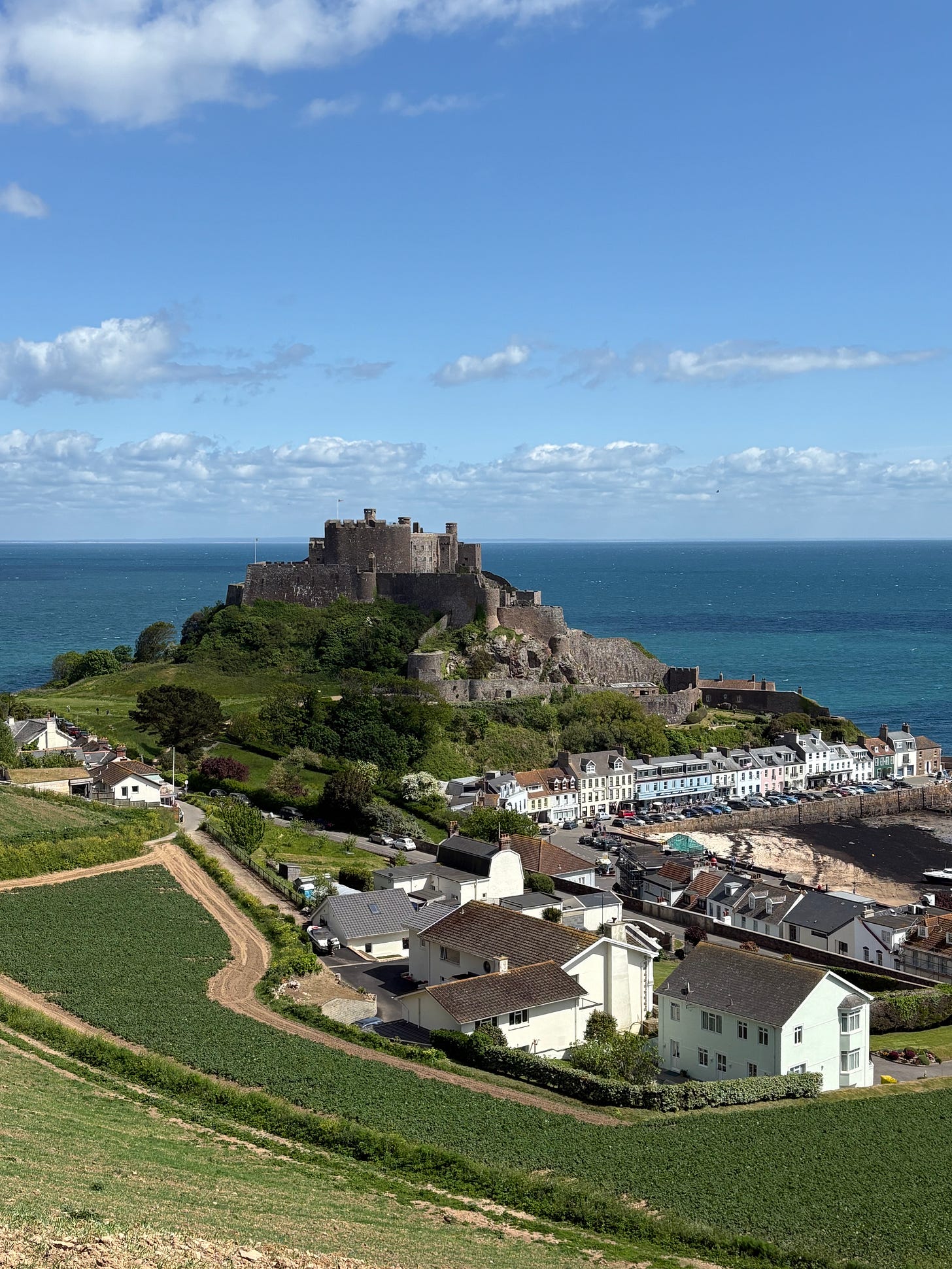
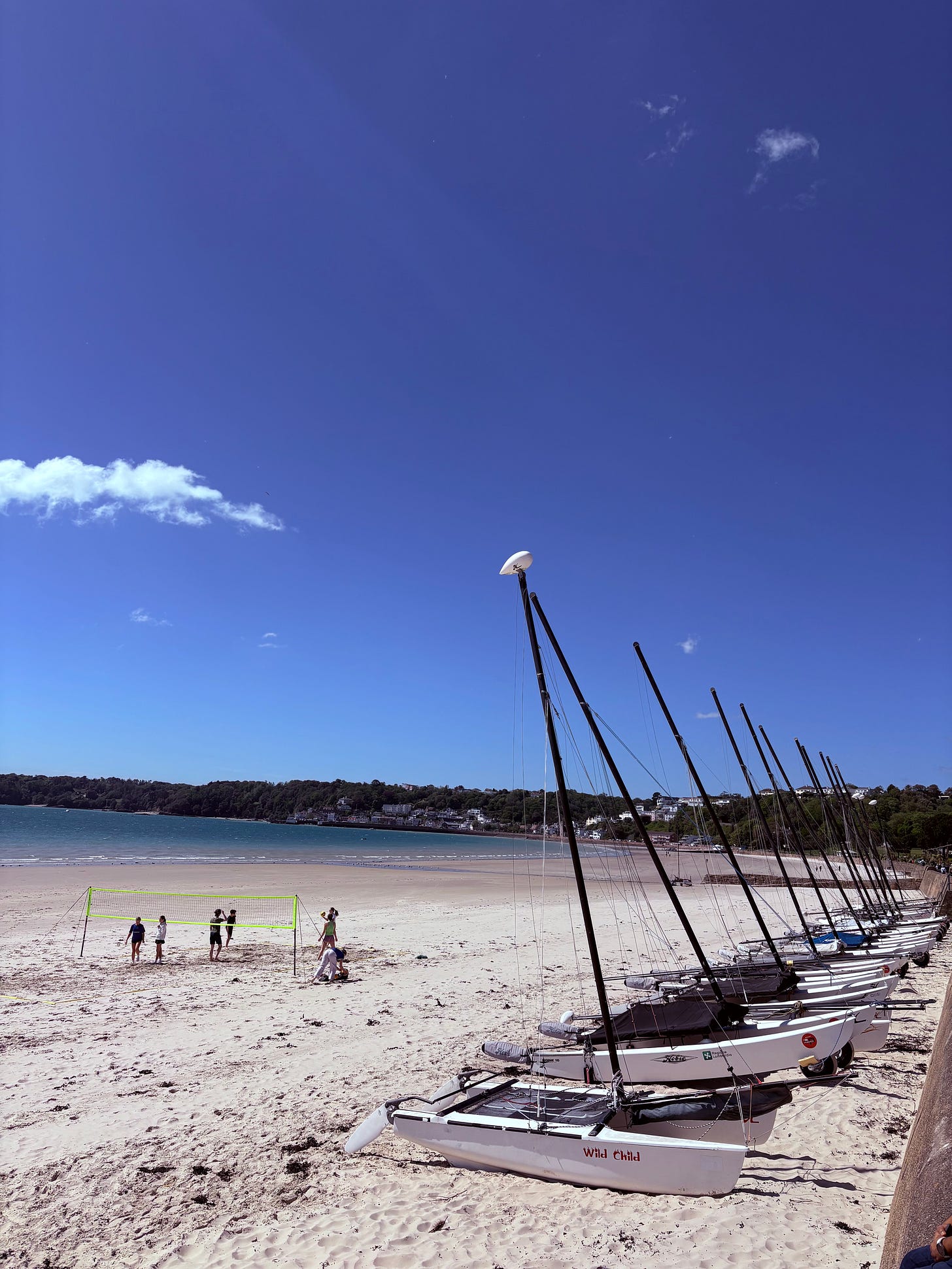
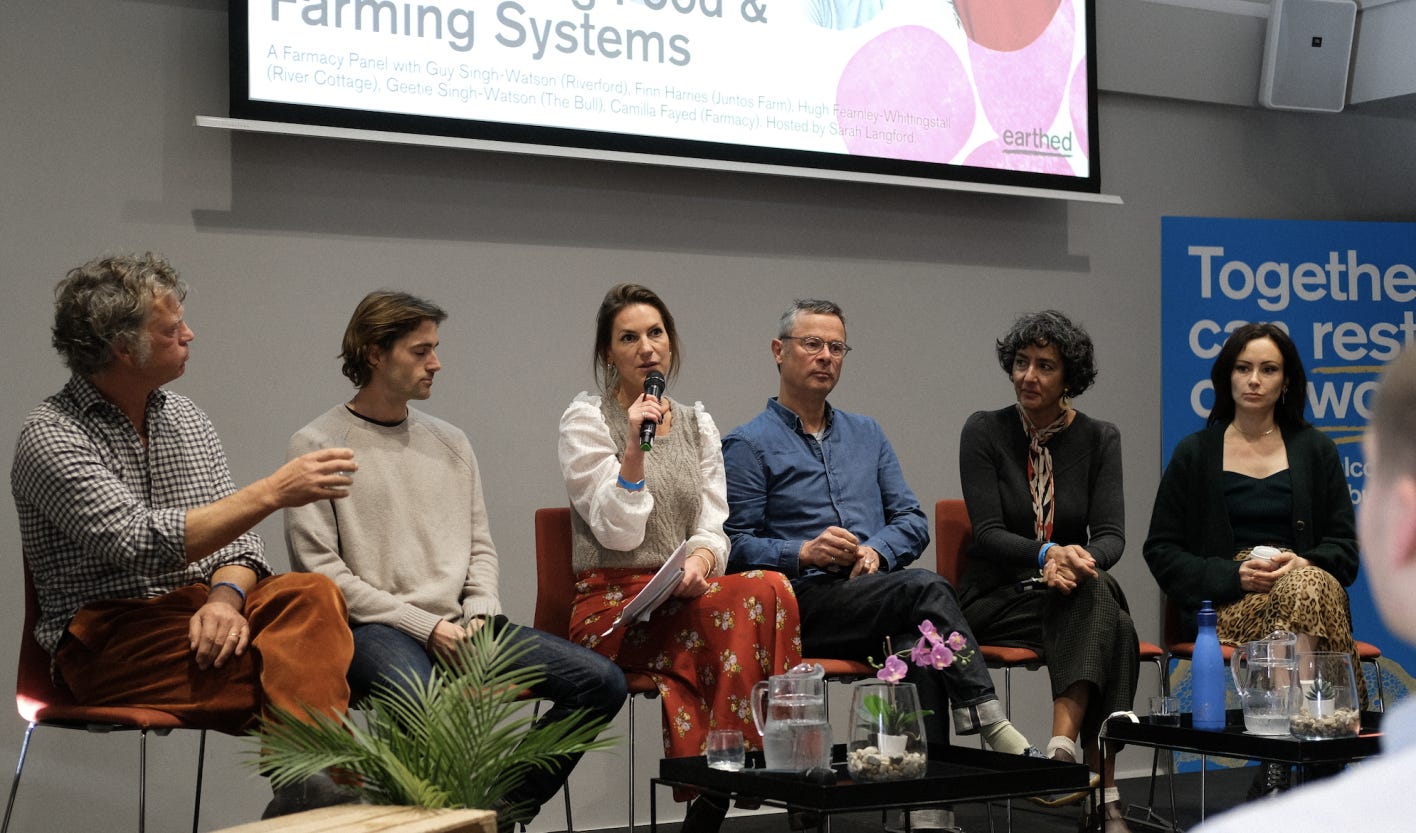
Love that you reference birdsong to an orchestra. I share the same parallels but was scared to tell anyone in case I sounded a bit mad! I have my morning cup of tea with the wood pigeon providing the regular monotonous base and the skylark the jazz improviser 😍